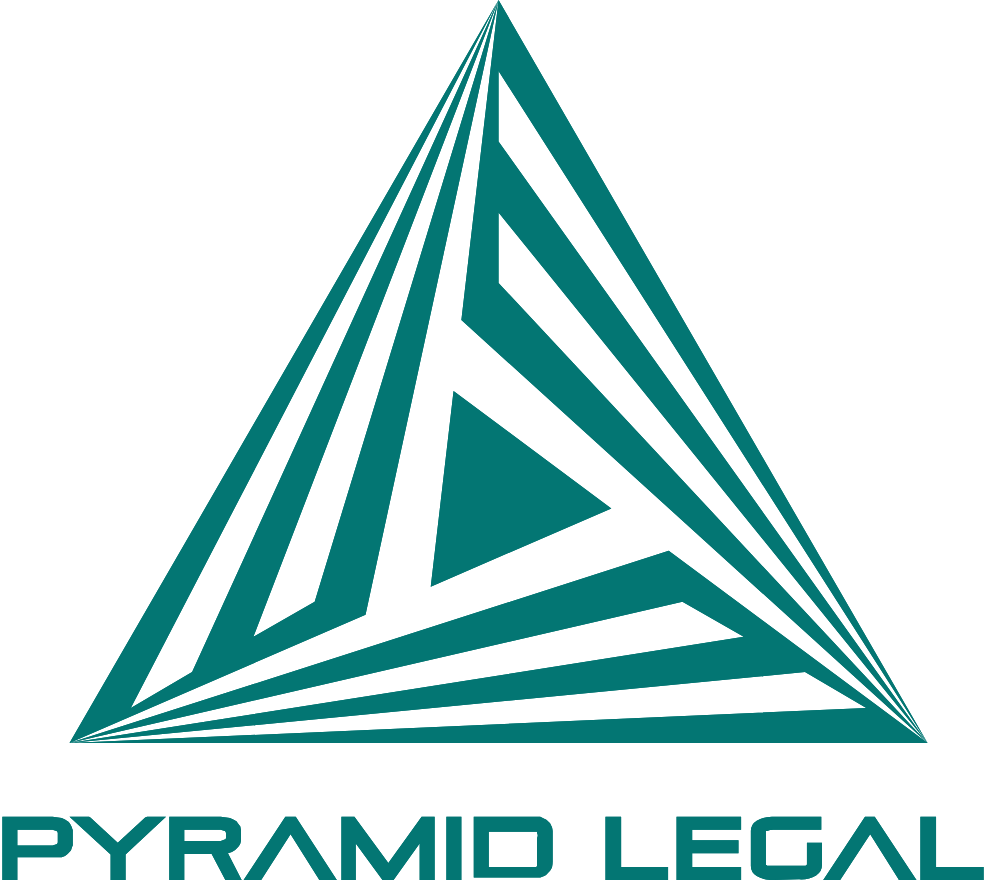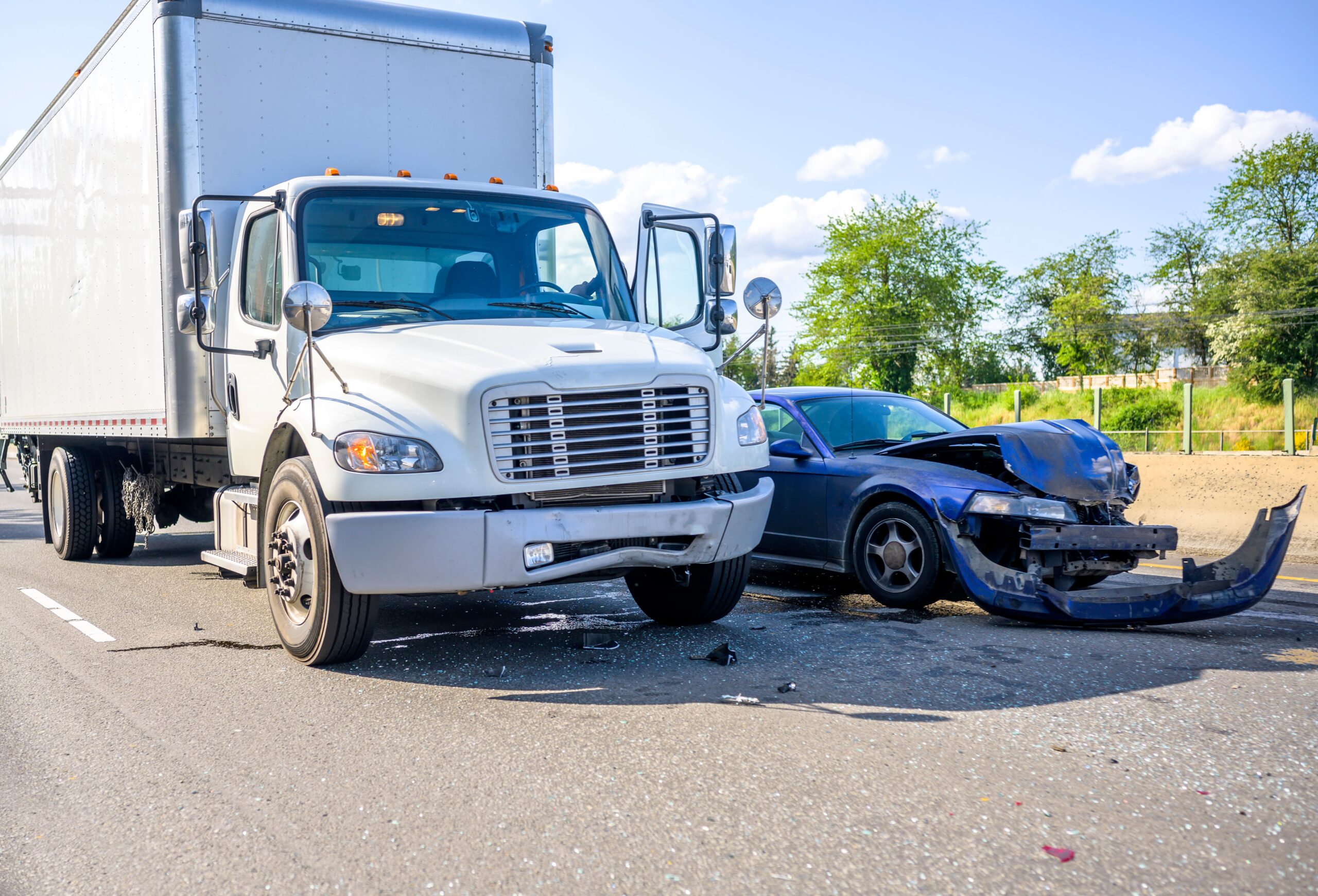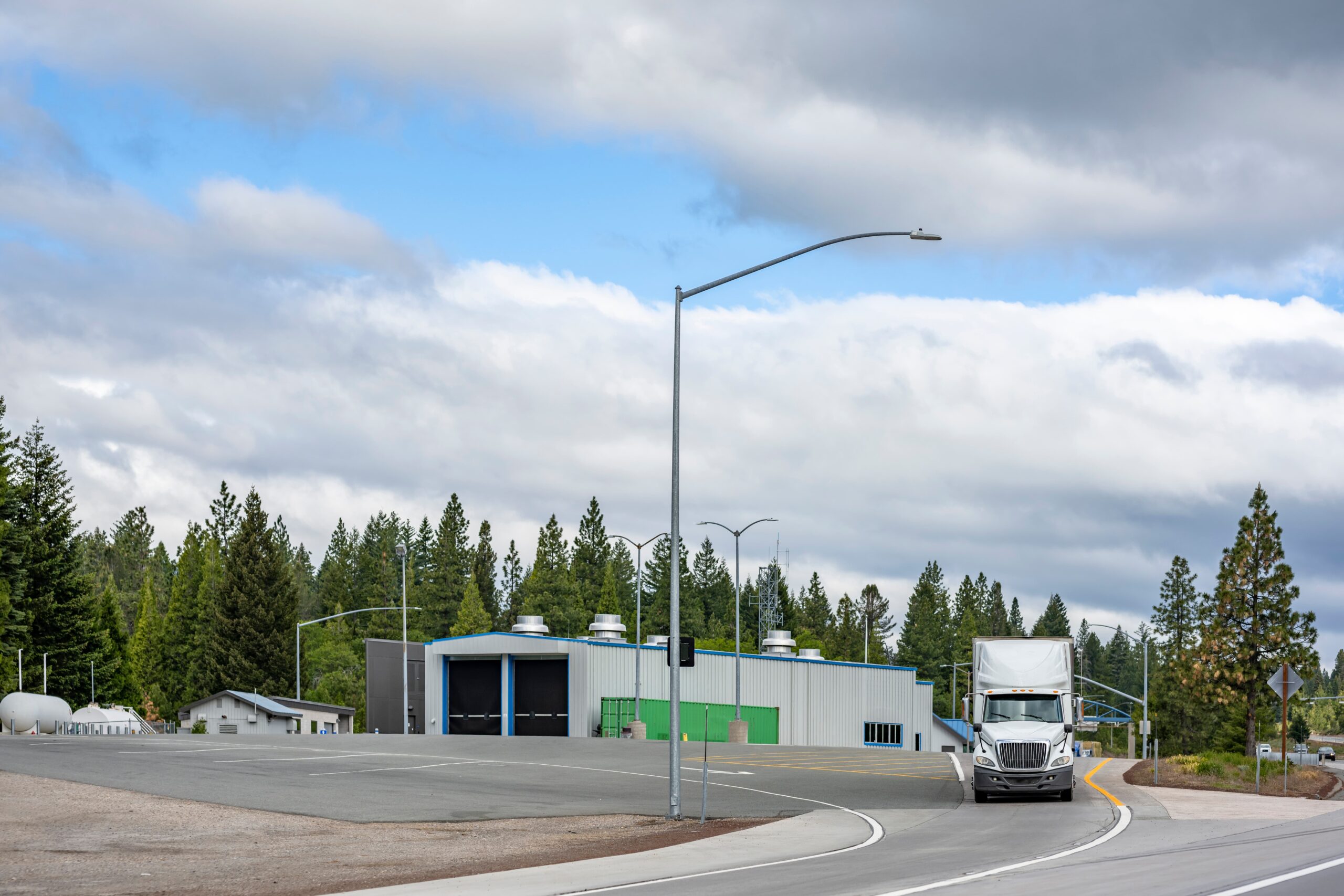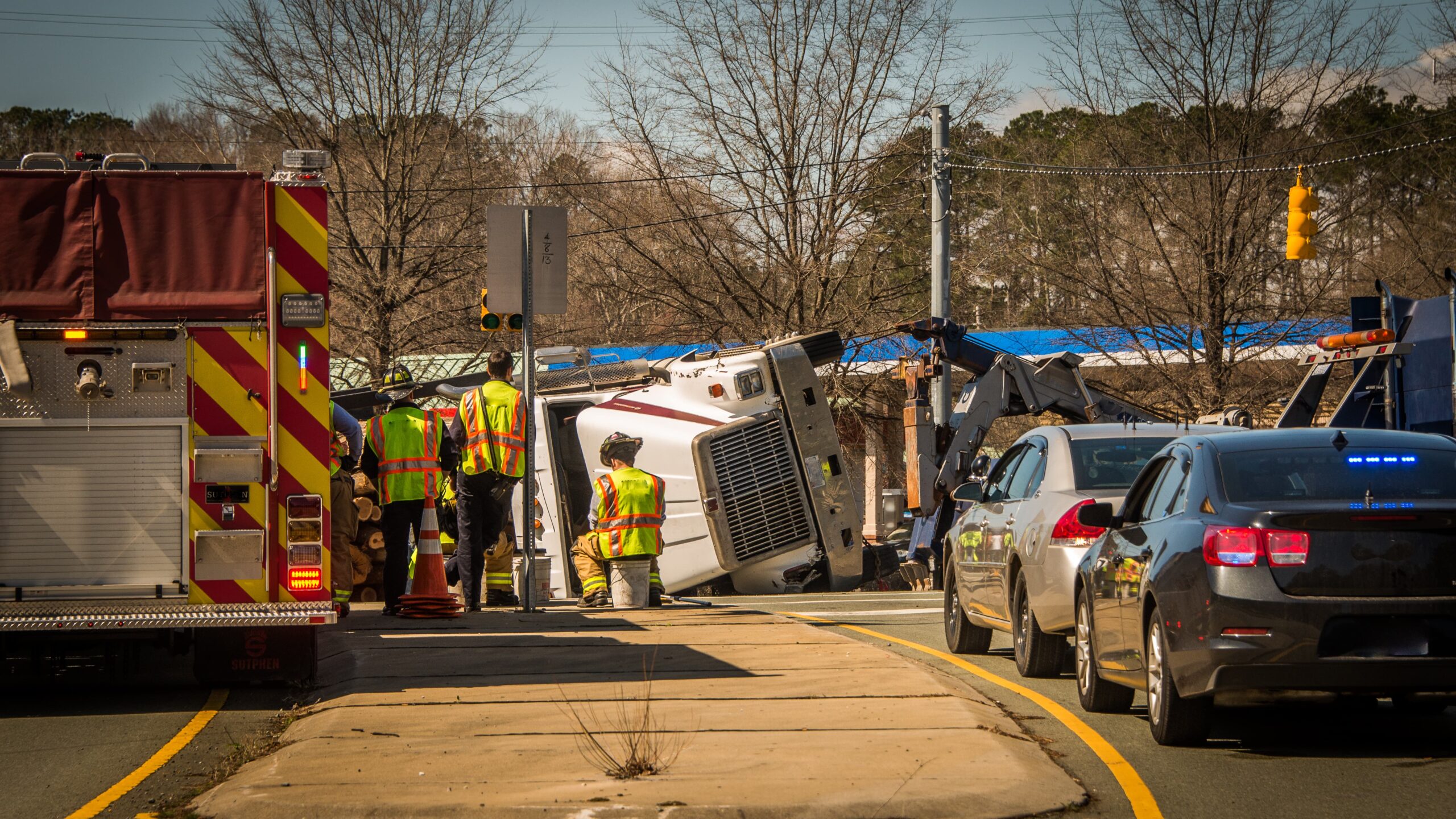The loss of a loved one is always a devastating experience, but it can become even more complicated when legal settlements are involved. Whether the deceased person was pursuing a personal injury claim or had already reached a settlement, their passing can introduce legal challenges and uncertainties. Families often face questions about how settlements are handled, who is entitled to the compensation, and how the legal process will move forward.
Understanding what happens to a settlement when a person dies is critical for ensuring that their rights, and the rights of their loved ones, are respected. Working with an experienced wrongful death attorney can provide clarity and help families get through these difficult times.
When Might You Need Legal Advice
The legal process for handling a settlement depends on the timing of the person’s death. Here are some of the most common instances where legal guidance may be necessary:
Death Before Settlement
If the claimant passes away before a settlement is reached, their personal injury claim does not automatically disappear. Instead, the claim becomes part of the decedent’s estate, and a representative of the estate may continue pursuing compensation on their behalf according to California Code of Civil Procedure § 377.30. This requires formal probate proceedings to appoint an executor or administrator who can manage the legal claim.
Death During Negotiations
When a claimant dies while settlement negotiations are ongoing, the process becomes more complex. Negotiations may need to be paused while the estate is formally established, and any settlement agreement will need to be approved by the court. In such cases, we may be able to expedite the process and ensure the claim is handled appropriately.
Death After a Settlement Agreement
If the deceased person had already reached a settlement agreement but passed away before receiving the funds, the settlement proceeds become part of their estate. The executor or administrator will oversee the distribution of the funds to the appropriate heirs or beneficiaries, in accordance with the decedent’s will or state intestacy laws per the California Court’s Self-Help Guide.
How Settlements are Handled by the Decedent’s Estate in California
When a claimant dies, their legal claims and settlements typically transfer to their estate. In California, the process for handling settlements involves several steps:
- Appointment of an executor or administrator – If the deceased person had a will, the named executor will manage the estate. If no will exists, the court will appoint an administrator.
- Continuing or finalizing the claim – The executor or administrator may continue pursuing the claim, finalize settlement negotiations, or collect the settlement proceeds on behalf of the estate.
- Court approval – In some cases, especially those involving minors or large settlements, the court must approve the distribution of funds.
- Distribution to heirs and beneficiaries – Once the settlement is received, it is distributed according to the decedent’s will or California’s intestacy laws if no will exists.
How an Unexpected Death Could Impact Beneficiaries
The unexpected death of a claimant can significantly affect their heirs and beneficiaries. Settlement proceeds that were originally intended to compensate the deceased person may now become subject to the probate process.
Probate Process
In California, probate is the legal process for settling a deceased person’s estate. This includes paying outstanding debts, resolving legal claims, and distributing assets. Settlement proceeds must typically go through probate unless they are part of a trust or other non-probate arrangement.
Distribution to Beneficiaries
The way settlement funds are distributed depends on whether the deceased person has a valid will. If a will exists, the proceeds are distributed according to its terms. If no will exists, California’s intestacy laws dictate how the funds are divided among surviving family members.
Considerations for Wrongful Death Claims and Survival Actions
In cases where the deceased person’s death was caused by another party’s negligence, the family may have grounds for additional legal claims, such as wrongful death or survival actions.
Wrongful Death Claims
Wrongful death claims are brought by the deceased person’s surviving family members to seek compensation for their own losses. This can include funeral expenses, loss of financial support, and emotional pain and suffering.
Survival Actions
A survival action allows the deceased person’s estate to recover damages the decedent could have claimed if they had survived. This might include medical expenses, lost wages, and pain and suffering incurred before their death.
Turn to a Compassionate Pasadena Wrongful Death Lawyer for Help Today
The unexpected death of a loved one is always a heartbreaking experience, and dealing with legal settlements during such a time can feel overwhelming. A compassionate personal injury lawyer from Pyramid Legal can provide the guidance and support you need to protect your family’s financial future.
We are dedicated to helping families in Pasadena and throughout California pursue justice for their loved ones. Contact us today for a free consultation to discuss your case and learn how we can assist you during this difficult time. Simply fill out our online contact form or call us to take advantage of this opportunity and start working on your case as soon as today.







